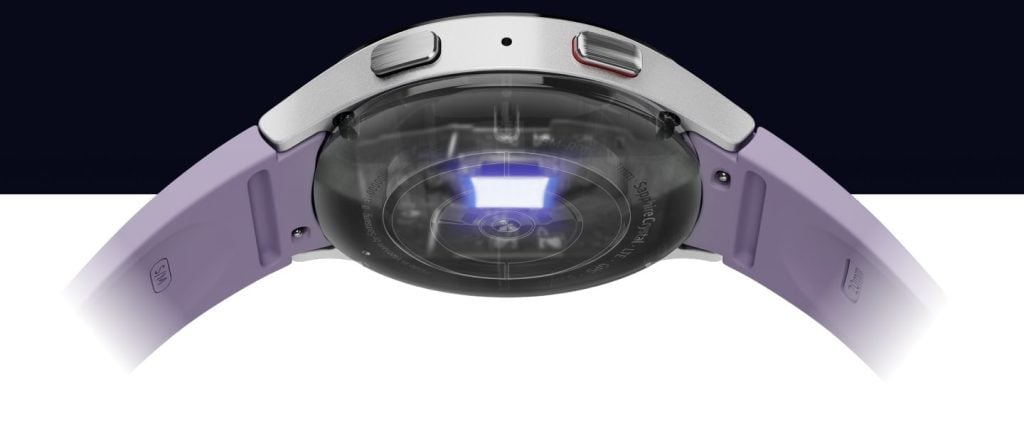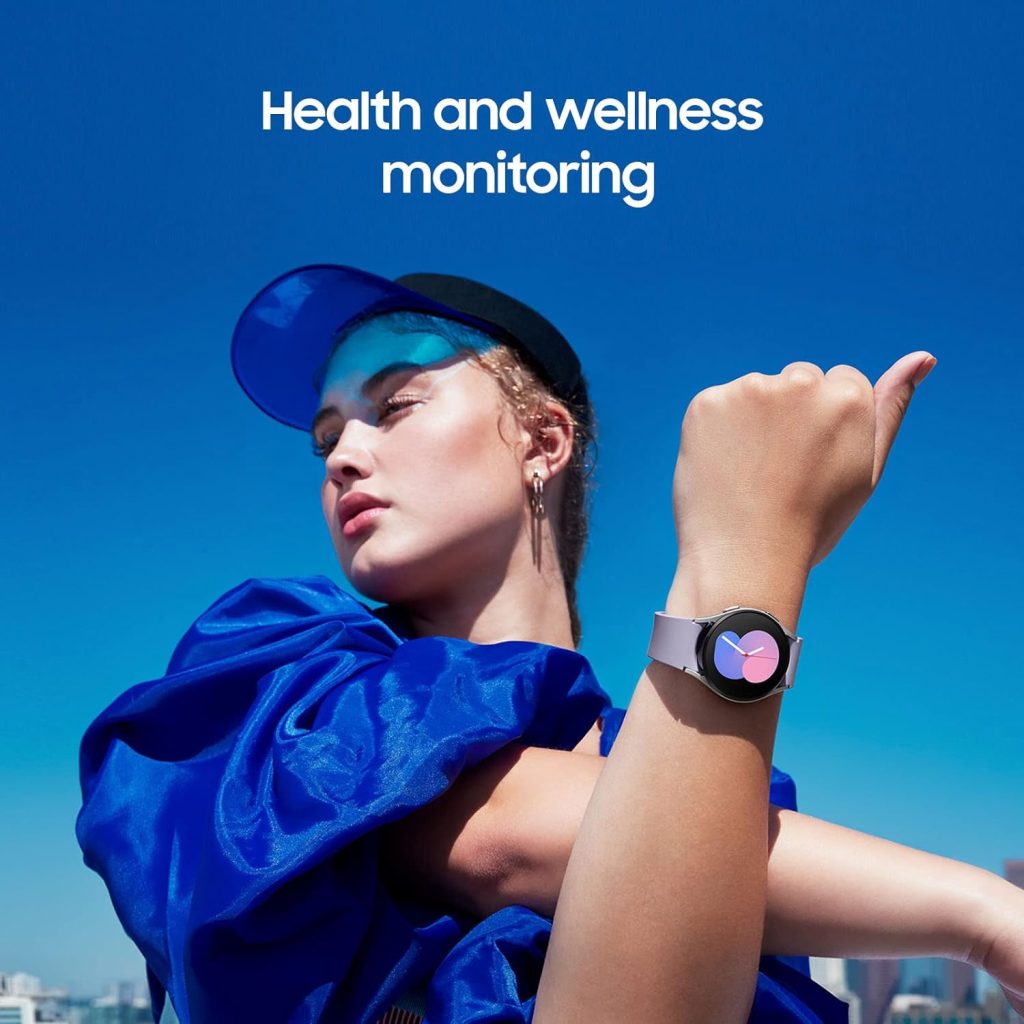Samsung and Apple are stepping up their game in wearable technology, focusing on developing non-invasive methods for monitoring vital health metrics like blood glucose levels and blood pressure. This new wave of competition is expected to bring significant advancements in health monitoring devices within the next five years.

Samsung and Apple’s Push for Non-Invasive Monitoring Solutions
Apple has also been exploring non-invasive blood glucose monitoring techniques for years. These methods aim to eliminate the need for skin piercing and blood extraction, making the process much easier for patients.
Meanwhile, Huawei has already released a watch last year, the Huawei Watch 4, featuring a non-invasive glucose monitoring capability. This function assesses the risk of high blood sugar by measuring ten health metrics, but it does not directly read blood glucose levels. However, there are uncertainties about the accuracy and functionality of Huawei’s innovation in this area.
Hon Pak, Samsung Mobile’s Head of Digital Health, highlighted in a Bloomberg interview the importance of non-invasive blood glucose monitoring for diabetes patients. He emphasized that wearable devices capable of continuously measuring blood pressure and blood glucose will revolutionize health management. Pak noted that these technologies would be available in some form in the next five years, though no specific timeline was given.

Samsung’s Galaxy Watch already includes blood pressure measurement features, but it requires frequent calibration and doesn’t provide continuous monitoring. The spokesperson also talked about Samsung’s upcoming Galaxy Ring, a wearable device focusing on tracking activity and sleep quality. Over time, it will incorporate more health monitoring features.
This ring is designed for comfort, allowing continuous wear for accurate health data tracking. Its advantage over smartwatches lies in its continuous wearability, as smartwatches often need to be removed for charging, interrupting constant health monitoring.
Moreover, Samsung plans to enhance smart headphones to measure body temperature and heart rate. The company’s vice president explained that the ear is an ideal location for such measurements due to its proximity to the heart. When combined with data from smartwatches, these readings from headphones could offer a more comprehensive view of a user’s health.
RELATED:
- Samsung announces pricing for Galaxy Tab Active 5 rugged tablet
- Samsung’s IAMF 3D audio format set for late 2024 rollout
- Get Redmi K70 Pro for discounted price of $499
- Xiaomi Band 8 Genshin Impact custom edion get a huge discount
- Best of CES 2024 – Products that stood out this year!
(Source)







